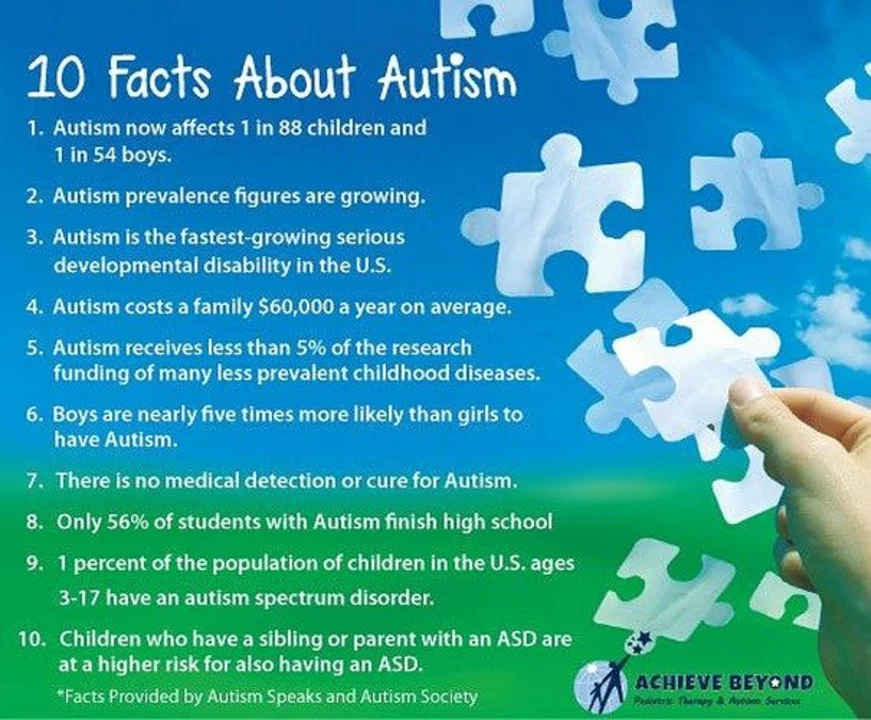Autism Spectrum Disorder — Practical Guide for Parents and Adults
CDC estimates show autism spectrum disorder (ASD) is common — roughly 1 in 36 children are diagnosed today. If you’re worried about social, language, or repetitive behavior differences in your child (or yourself), clear steps can help you move forward. This page gives plain, practical info on spotting signs, getting a diagnosis, treatment options, and how to manage medications safely.
Signs and when to get help
ASD looks different from person to person. Early signs in toddlers include limited eye contact, delayed speech, not pointing to show interest, and intense focus on a single toy or routine. Older kids and adults may struggle with social cues, find small changes upsetting, or show sensory sensitivities to lights, sounds, or textures. Many autistic people also have anxiety, attention issues, or sleep problems.
If you notice concerns, talk to your pediatrician or primary care doctor. The American Academy of Pediatrics recommends autism screening at 18 and 24 months; if concerns pop up earlier, don’t wait. A developmental pediatrician, child psychologist, or neuropsychologist usually confirms the diagnosis using behavioral evaluations and input from caregivers and teachers.
Therapies that help
Therapies are the first-line approach. Applied Behavior Analysis (ABA), speech therapy, and occupational therapy target communication, daily skills, and sensory needs. Social skills groups and parent coaching are practical ways to build skills at home and school. Early, consistent intervention often delivers the biggest gains, but adults can benefit from tailored supports too.
Medications, supplements, and safety tips
Medications don’t treat autism itself but can help specific symptoms. For severe irritability and aggressive behavior, risperidone and aripiprazole are FDA-approved for children with ASD. Stimulants or atomoxetine can reduce attention problems for autistic people with ADHD. SSRIs like sertraline are sometimes used for anxiety or repetitive behaviors, though evidence varies and doctors usually start at low doses and monitor closely. Benzodiazepines are rarely a long-term choice due to side effects.
Some families ask about supplements. Small trials show omega-3s can help attention and hyperactivity in some kids, but effects are modest. Always discuss supplements with a clinician — "natural" doesn’t mean risk-free. Avoid unproven, invasive, or hormone-based treatments that promise quick fixes.
Medication safety tips: keep a written list of all drugs and supplements, watch for new side effects after a change, and check interactions with a pharmacist. If you consider buying meds online, use verified pharmacies and require a valid prescription. Our site has guides on safe purchasing and checking online pharmacies.
Getting help feels easier when you have clear steps: note behaviors and triggers, ask your doctor for developmental screening, explore therapy options, and be cautious with medications. If you need specific drug information or trustworthy pharmacy tips, search our guides or contact a healthcare provider to make a plan that fits your family’s needs.

